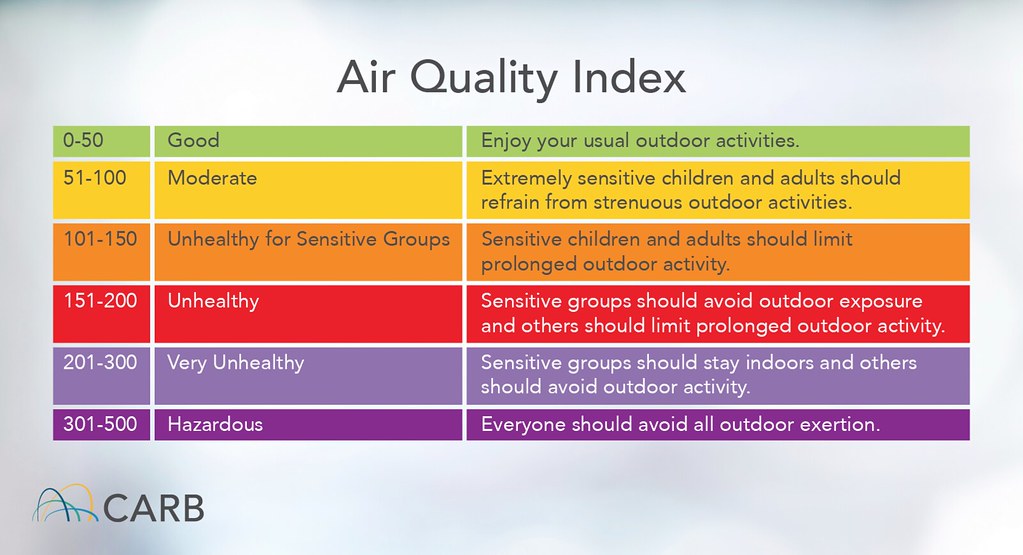Good ventilation is essential for maintaining a healthy and comfortable living environment, particularly in modern, airtight homes. Without proper ventilation, your home can suffer from poor indoor air quality, excess humidity, and increased energy costs. At Smart Ventilation, we specialise in ventilation solutions like MVHR systems, but we also understand the common ventilation problems that many homes face—and how to avoid them.
In this blog post, we’ll explore some of the most common ventilation issues and provide tips on how you can avoid them, ensuring your home stays fresh, healthy, and energy-efficient.
1. Poor Indoor Air Quality
The Problem:
A common issue in homes, especially those that are well-sealed for energy efficiency, is poor indoor air quality. Pollutants such as dust, allergens, volatile organic compounds (VOCs), and even CO₂ can build up over time without proper ventilation. This can lead to health problems, such as headaches, fatigue, or respiratory issues, particularly for people with allergies or asthma.
How to Avoid It:
The best way to maintain good air quality is to ensure your home has a consistent supply of fresh air. MVHR (Mechanical Ventilation with Heat Recovery) systems are ideal for this, as they provide continuous ventilation by bringing in fresh air while removing stale air. Additionally, they filter incoming air to remove pollutants like dust and pollen, ensuring that the air in your home is cleaner and healthier.

2. Condensation and Mould Growth

The Problem:
Excess humidity is a leading cause of condensation and mould growth, particularly in areas like bathrooms, kitchens, and laundry rooms where moisture levels are high. When warm, moist air isn’t properly ventilated, it condenses on cold surfaces like windows, walls, and ceilings. Over time, this can lead to damp patches, mould growth, and even structural damage to your home.
How to Avoid It:
Proper ventilation is key to controlling moisture and preventing condensation. Installing a system like MVHR can help by extracting humid air from areas prone to moisture, such as bathrooms and kitchens, and replacing it with dry, fresh air. This reduces the risk of condensation and mould growth, keeping your home dry and safe from moisture-related damage.
3. Inefficient Ventilation Systems
The Problem:
Older or poorly designed ventilation systems often don’t work as efficiently as they should. They may fail to adequately ventilate certain areas of the home, leading to uneven air quality and potential heat loss. In many cases, these systems also lack heat recovery features, meaning valuable warmth is lost when stale air is expelled, driving up heating costs.
How to Avoid It:
To avoid inefficient ventilation, it’s crucial to invest in a modern, well-designed system. MVHR systems are highly efficient, not only because they continuously circulate fresh air but also because they recover up to 90% of the heat from the outgoing air, reducing energy loss. Regular servicing and maintenance of your ventilation system are also important to ensure it remains effective over time.

4. Noisy Ventilation Systems

The Problem:
Ventilation systems that are too noisy can become a nuisance, particularly in living areas or bedrooms where peace and quiet are important. Older systems or poorly installed ductwork can cause excessive noise, which may discourage homeowners from using the ventilation system as often as they should.
Has your system recently started making a squealing/scraping noise? The motor and/or bearings could be worn out. Speak to us to see if we can help
How to Avoid It:
To avoid noisy ventilation, opt for modern systems designed for quiet operation. MVHR units, for example, are built to operate silently, with soundproofed ductwork and insulated components. If your existing system is noisy, having a professional assess the ductwork and ensuring it’s properly installed can help reduce noise.
Our systems are built exceptionally well and have a long service life. However, all systems with moving parts will eventually need servicing, or parts replacement. Our systems are designed to have motors and bearings replaced without needing to replace the whole unit.
5. Blocked or Dirty Ducts
The Problem:
Ductwork can become blocked or dirty over time, especially if the ventilation system is not regularly maintained. Dust, debris, and even mould can accumulate in the ducts, reducing the effectiveness of the system and potentially introducing pollutants into your home. This can also increase the strain on your ventilation system, making it less energy-efficient.
How to Avoid It:
The solution to this problem is regular maintenance and duct cleaning. A well-maintained MVHR system should have its filters cleaned or replaced periodically to ensure that airflows smoothly and remains clean. At Smart Ventilation, we offer duct cleaning services to keep your system in optimal condition, ensuring it operates at peak performance and maintains good indoor air quality.

6. Inadequate Ventilation in Specific Rooms

The Problem:
In some homes, ventilation systems are not properly balanced, meaning certain rooms—like bathrooms or basements—may not receive adequate airflow. This can result in stale air lingering in certain areas, causing discomfort and possible health issues.
How to Avoid It:
To avoid this issue, make sure your ventilation system is designed to provide adequate airflow to all rooms, especially those with high moisture or pollutant levels. MVHR systems are specifically designed to balance airflow throughout the house by supplying fresh air to living spaces and extracting stale air from bathrooms and kitchens. A professional installation ensures the system is configured to ventilate each room properly.


